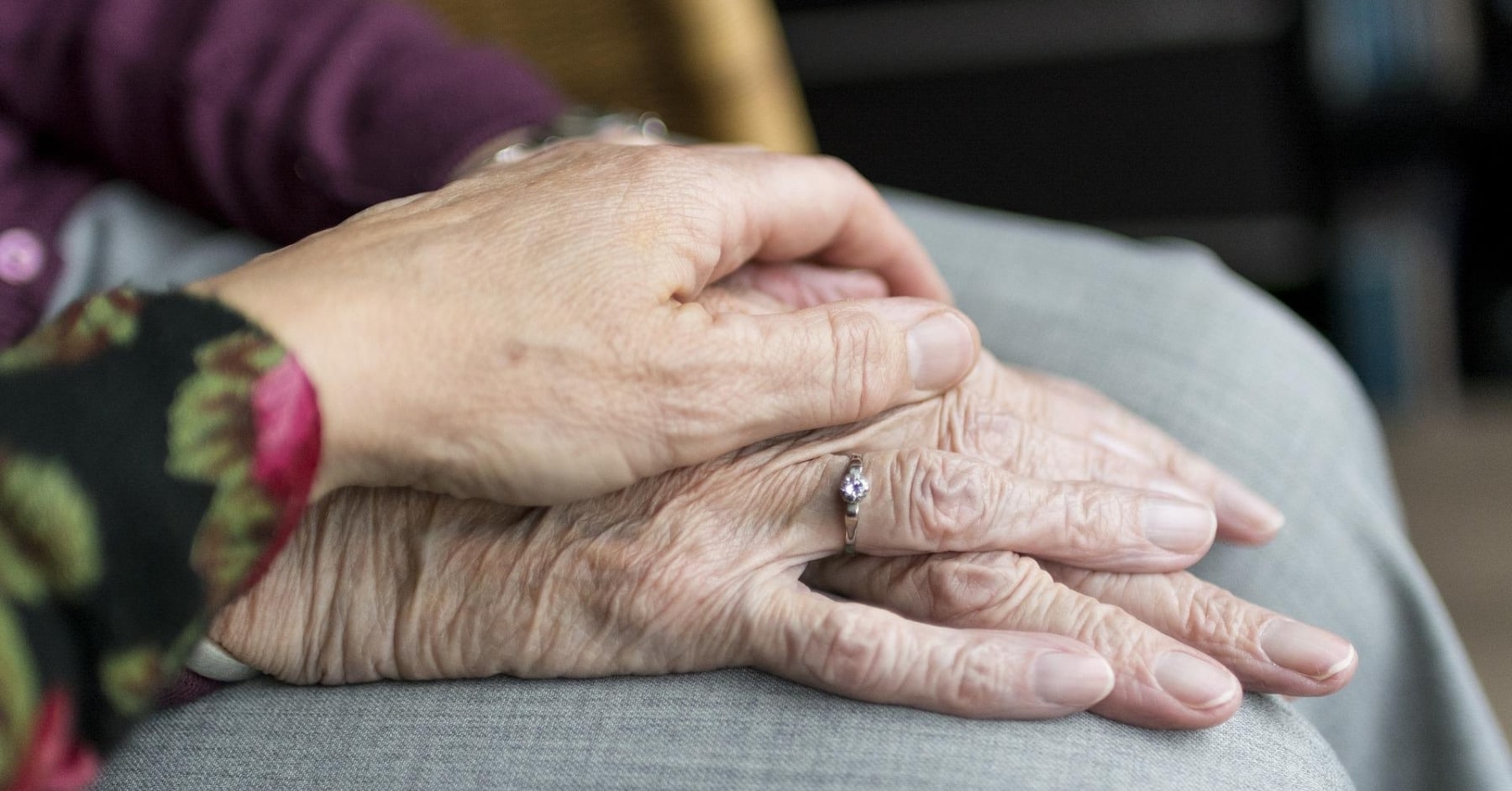Identifying the best ways to support people living with dementia after their diagnosis is the focus of a nationwide research project.
The dementia research team at the University of Hull, which has an international reputation for their work in helping people with dementia to live well will support the project.
Dr Emma Wolverson, Senior Lecturer in Ageing and Dementia, said: “We are incredibly proud to be part of this fantastic new research. The project will look at the role of recovery colleges in offering support and a chance to meet other people in the same situation.
“Talking about recovery in dementia is important because it challenges the negative and hopeless images people often have about dementia and it gives people hope.”
The dementia research team at Hull is leading some of the work packages in the research including a national survey of recovery colleges and memory services – which will help them to understand how support within recovery college can work for people living with dementia.
The study, which looks at how NHS mental health Recovery Colleges can help to support people with dementia, is being launched by Norfolk and Suffolk NHS Foundation Trust’s (NSFT) research department. The study is called DiSCOVERY and is funded by the National Institute for Health Research.
The first UK mental health Recovery College was set up in 2009 and there are now over 85 of them across the UK. Recovery Colleges offer educational courses for people who use mental health services, their families and staff.
People living with mental health difficulties work together with staff members to design and run the courses.
The research will develop greater understanding about what attending Recovery College courses is like for people with dementia, their families and staff. Also, whether people living with dementia find designing and delivering courses helps them.
With rates of dementia diagnosis increasing, it is critical to find ways for people with dementia to make connections, learn from peers and stay in touch with others, as this can be just as important as medication.
7% of adults aged 60 and older are living with dementia in the UK
Juniper West, NSFT’s Research Lead for Older People’s Services and Professor Chris Fox from the University of Exeter, are co-leading the project.
Juniper West said: “Receiving a diagnosis of dementia is life-changing for the person and their family and friends. Stigma can make adjusting to the diagnosis frightening and isolating. Where people live, the type of dementia they have, or lack of opportunities to meet peers, can all affect the quality of support post-diagnosis.”
Professor Chris Fox said: “It may seem puzzling to talk about ‘recovery’ in dementia, when dementia is a progressive illness. However, recovery in mental health refers to ‘recovering a life after diagnosis’. This ‘personal recovery’ is about managing difficult symptoms whilst living a meaningful, enjoyable life.
“It is very important we prepare for the future – data from just before the pandemic showed there is wide variation in what post-diagnostic support was available for people with dementia across the UK. If there are no engagement opportunities, people with dementia tend to retreat.
“Taking ownership, learning about the illness and how you can self-manage can help people to live with dementia. Initiatives such as social prescribing, carer support and perhaps Recovery Colleges, may help people to get the support they need.
“There is interesting evidence that being isolated and lonely makes your cognition worse. More social contact is shown to improve outcomes for people with dementia and carers.”
The People, Participation and Inclusion (PPI) group will be central to all the research activities in the study. Members will include both people with dementia who have experience of working with staff to produce a Recovery College dementia course, and people with dementia who have attended a course from across the UK.
The findings from the study will be used to produce guidance, learning and organise resources for UK Recovery Colleges. These can then be adapted to suit local dementia courses. We will involve people with dementia, their families and staff in creating these resources.
























